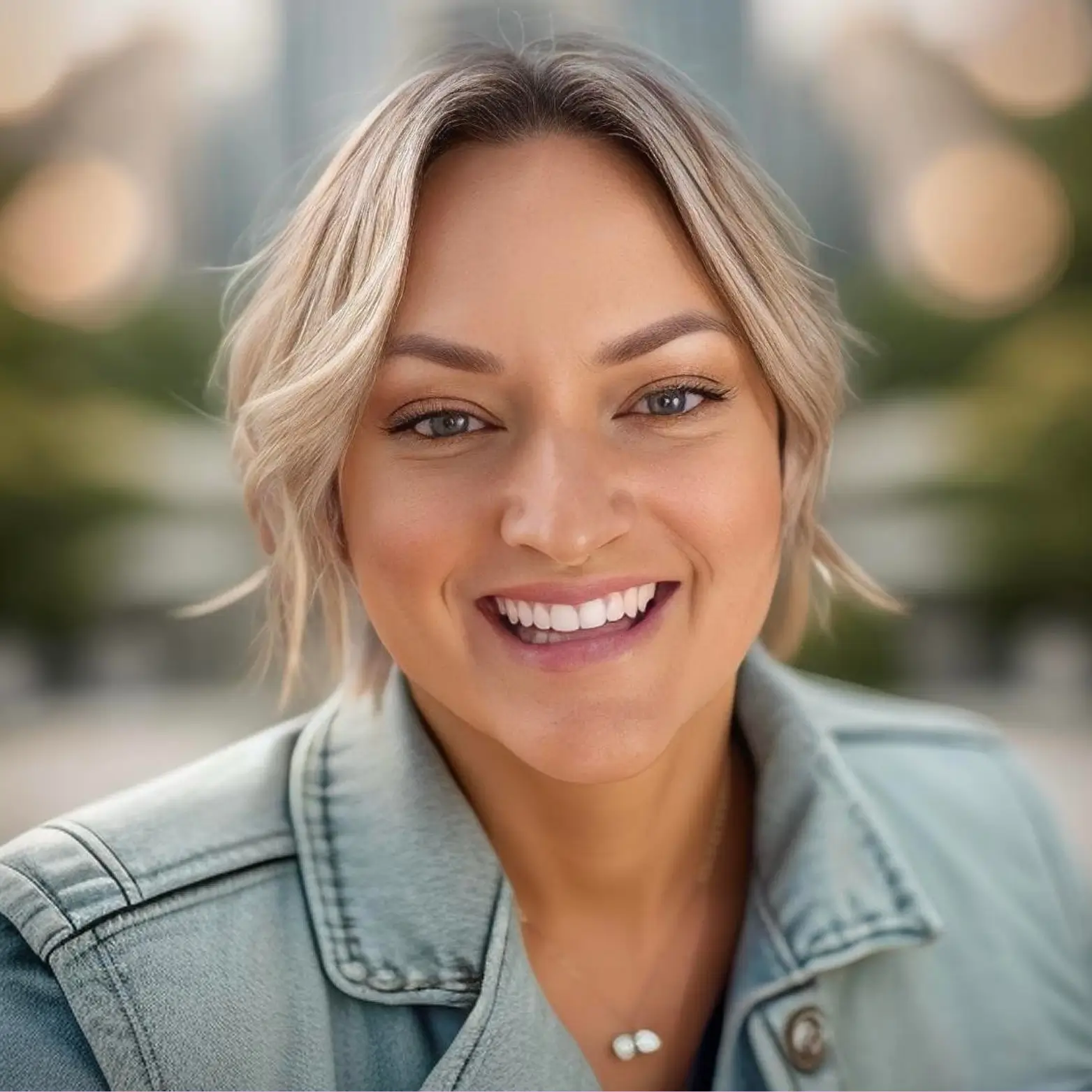Therapy for Codependence and Anxious Attachment

What Is a Codependent Relationship?
A codependent relationship happens when one person relies heavily on the other for emotional support, self-worth, or identity—often at the cost of their own needs. One person may act as the “caretaker,” constantly trying to fix, rescue, or please the other. The other may be overly dependent, needing constant reassurance or avoiding responsibility.
Over time, both people lose their sense of individuality. The relationship becomes less about mutual growth and more about maintaining the emotional balance—no matter how difficult it is.
How do i know if i'm codependent?
Here’s what codependence can look like:
• You struggle to set boundaries.
You often say “yes” when you want to say “no,” and feel guilty for putting your needs first.
• You’re afraid of being alone.
You stay in relationships, even unhealthy ones, because being alone feels scarier.
• You try to control or “save” others.
You take responsibility for other people’s problems or emotions—even when it hurts you.
• You ignore your own needs.
You consistently prioritize others while neglecting your own emotional, physical, or mental well-being.
• You fear conflict and avoid it at all costs.
You often silence your voice to keep the peace or avoid rejection.
• You feel anxious or empty when you’re not in a relationship.
You rely on relationships to feel secure, whole, or emotionally stable.
• You attract partners who are emotionally unavailable or need constant support.
You feel drawn to people you can “fix” or rescue, even if the dynamic is draining.
• You feel responsible for others’ happiness.
You take it personally when others are upset, even if it has nothing to do with you.
• You grew up in a home with unstable or inconsistent caregiving.
Early family dynamics may have taught you that love is earned, not given freely.
What Causes Someone to Become Codependent?
These patterns often start early in life. When children grow up in homes where love is conditional, boundaries are blurred, or emotional needs aren’t met, they may learn to earn love by taking care of others or ignoring their own feelings.
This can lead to deep fears of rejection, guilt around saying “no,” or feeling responsible for someone else’s emotions.
How Anxious Attachment Plays a Role
Your attachment style—formed in childhood—shapes how you relate to others in adulthood. If you have an anxious attachment, you may cling tightly in relationships, fear abandonment, and seek constant validation. If you’re avoidant, you may shut down emotionally or pull away when things get too close. You can also be a mix of both!
When anxious and avoidant attachment styles mix in a relationship, it can fuel codependency. One partner chases closeness while the other pulls away, creating a painful, repeating cycle that reinforces the fears of both partners.
What We’ll Work On in Therapy for Codependency and Anxious Attachment
Understanding your attachment style and how it impacts your relationships
Identifying patterns of people-pleasing, over-functioning, or caretaking that leave you feeling drained or resentful
Setting boundaries without guilt and learning how to say no without fear of losing connection
Rebuilding your sense of self-worth outside of others’ approval or validation
Navigating fear of abandonment or rejection without losing yourself in the process
Learning to regulate anxiety in relationships without needing constant reassurance
Healing from early attachment wounds or childhood emotional neglect
Challenging the belief that your needs are “too much” or “not important”
Creating space for interdependence—rather than enmeshment or avoidance
Building secure, balanced, mutual relationships where both people feel seen, safe, and supported
Letting go of the need to fix, rescue, or manage others’ emotions
Developing emotional resilience and self-trust so you can stay grounded, even when things feel uncertain
Can I Heal Codependency and Anxious Attachment?
The first step is awareness. Unstuck Therapy’s online therapy services can help you identify difficult relationship patterns, build healthier boundaries, reconnect with your own needs, and learn to approach conflict proactively.
You’ll learn that it’s okay to say no, prioritize your well-being, and seek relationships where both people feel seen, respected, and emotionally safe.
Do you need online therapy for codependency or anxious attachment?
Our team of compassionate, judgment-free online therapists is here to help! Call us at 303-860-2716 or send us a message with the contact form below. Our lead clinical psychologist, Dr. Linda Baker, will get in touch to discuss next steps!
Please note that we CANNOT currently accept patients in Alaska, California, Guam, Iowa, Hawaii, Louisiana, Massachusetts, Montana, New Mexico, New York, Oregon, Puerto Rico, and the US Virgin Islands.

